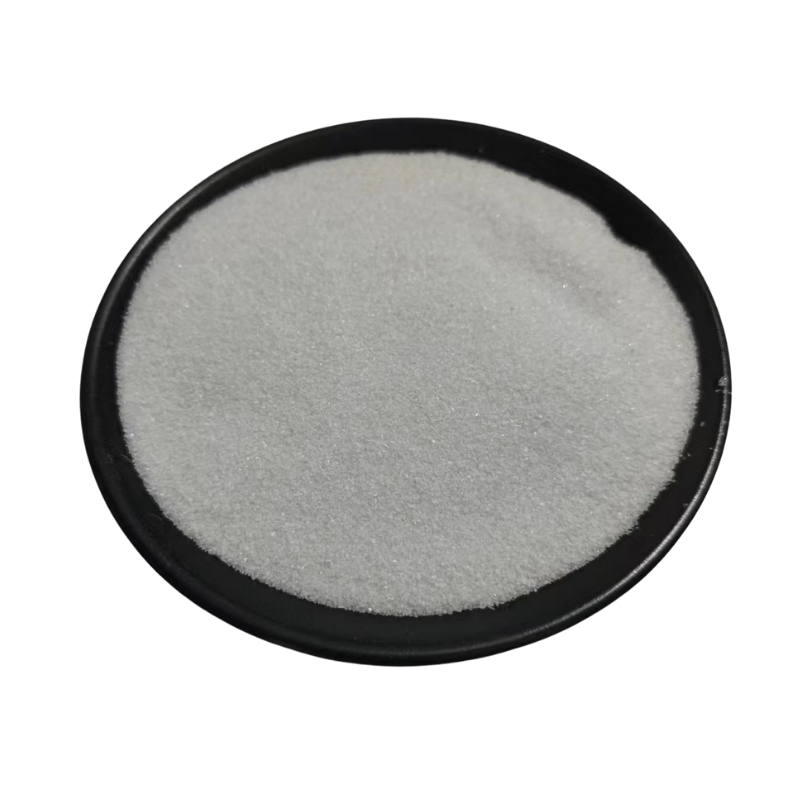
Microfine Dolomite Powder for Enhanced Performance and Versatile Applications in Industry
The Benefits and Applications of Micronized Dolomite Powder
Micronized dolomite powder, a finely powdered form of the natural mineral dolomite, has emerged as a versatile material with numerous applications across various industries. Dolomite, composed primarily of calcium magnesium carbonate, boasts unique properties that make micronized dolomite powder particularly valuable in industries such as agriculture, construction, and manufacturing.
One of the most significant advantages of micronized dolomite powder is its high fineness. The micronization process involves reducing the particle size to a micrometer scale, which enhances its reactivity and provides greater surface area. This fineness improves the powder's ability to interact with other materials, making it an ideal additive in various formulations.
In agriculture, micronized dolomite powder serves as an essential soil amendment. Its high calcium and magnesium content helps to neutralize soil acidity, leading to improved nutrient uptake by plants. Dolomite also plays a crucial role in enhancing soil structure, promoting aeration, and enabling better water retention. As a result, crops grown in treated soils often exhibit increased growth rates and higher yields. Furthermore, dolomite powder can aid in the production of fertilizers, as it provides a natural source of essential nutrients for plant development.
micronized dolomite powder

The construction industry also benefits from the use of micronized dolomite powder. Its fine particle size allows for improved bonding in cement and concrete mixtures, enhancing the overall strength and durability of these materials. Additionally, dolomite powder can act as a filler in various construction applications, including asphalt and tiles, contributing to improved performance. Its resistance to weathering and high compressive strength further makes it an advantageous component in building materials.
Manufacturing processes utilize micronized dolomite powder as well. In the production of glass and ceramics, it acts as a flux, lowering the melting temperature and enhancing the strength of the final products. The powder is also employed in the cosmetics and personal care industry as a filler in various formulations, improving texture and providing a silky feel in creams and powders.
Moreover, the non-toxic nature of micronized dolomite powder makes it an eco-friendly option for various applications. As sustainability becomes an increasingly critical factor across all industries, the use of natural materials like dolomite helps reduce dependence on synthetic additives.
In conclusion, micronized dolomite powder is a highly beneficial material with diverse applications across agriculture, construction, and manufacturing. Its unique properties enhance product performance, promote sustainability, and improve agricultural practices. As industries continue to seek innovative and eco-friendly solutions, the demand for micronized dolomite powder is likely to grow, paving the way for future developments and applications. As research progresses, we can anticipate new uses and benefits that this versatile mineral can provide across different sectors, reinforcing its role as a valuable resource in the modern economy.
Share
-
Natural Premium Bentonite Cat Litter - Superior ClumpingNewsJul.31,2025
-
Premium Resin Coated Sand - High Heat Resistance CastingNewsJul.31,2025
-
High Quality Silicon Carbide Grit for Abrasive ApplicationsNewsJul.30,2025
-
High-Quality Ceramsite for Plants & Gardening | Lightweight PebblesNewsJul.29,2025
-
Premium Burgundy Glass Marbles for Vases & Shooter GamesNewsJul.29,2025
-
High Purity Quartz Sand for Industrial and Ground ApplicationsNewsJul.29,2025






